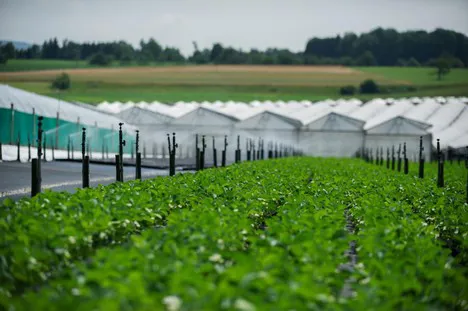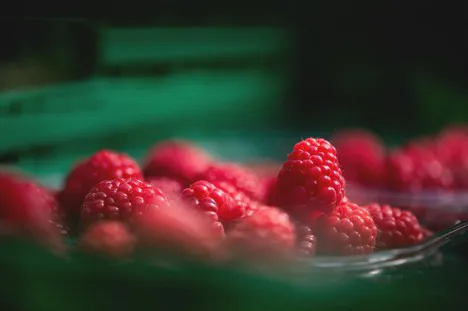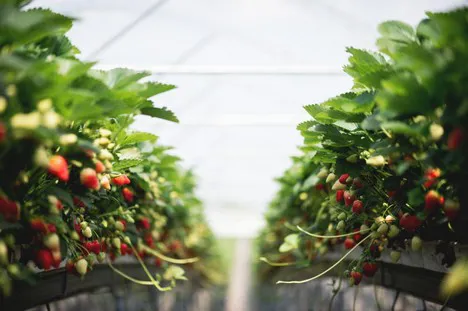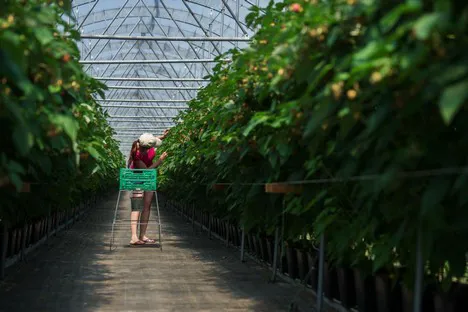On the farm founded in 1975 in the vicinity of Lake Constance, Matthias Müller devotes himself to sustainable berry production; both open ground and protected cultivation. During this year's Berry Seminar, he provided insights into the current challenges surrounding the topic of sustainability in everyday practice.
Currently, strawberries, currants, raspberries, blackberries and blueberries are part of the basic assortment of the specialist company. The topic of sustainability is already taken into account in many ways, says Müller. "For example, we have invested a lot in all-weather protection, which is why there is less wastage in the field and significantly less pesticide use is required as well. Additionally, the films that we predominantly use are fully recyclable."
A second pillar of the sustainability strategy is crop protection, he said. "Covering our crops could also be considered preventive crop protection. In addition, we rely on beneficial insects as well as strategies regarding residue-free crop protection," Müller continues.

Berry cultivation in foil tunnels as well as open ground production
Area efficiency and water and fertilizer use
Efficient use of farm space, such as by growing on tiers, is also key for berry growers. "Area efficiency means that only a small expansion of the production area is required. Thanks to double production in summer and fall, we ensure optimal utilization of our existing raspberry areas. At the same time, however, we find that the variety quality is not yet aligned with the optimal double production." Photovoltaics can also generate up to 120,000 kWh of electricity annually.

Fresh raspberries
Furthermore, it is also important to handle resources sustainably, first and foremost: water and fertilizer. "We collect rainwater on 50 percent of our roof areas and recycle our drainage water on 75 percent of the cultivation area. The recovery of applied fertilizers also plays an essential role on our farm these days," Müller says.

Strawberries in foil tunnels
Convenient workplace design
The dedicated soft fruit producer is also strives for a comfortable workplace for his workers. "Due to the protected cultivation, our employees mostly have a roof over their heads, and thanks to tier cultivation, they can work quite ergonomically. Manual labor is also gradually being replaced by machine use. We also attach great importance to comfortable and contemporary social and living spaces. These measures are also part of our sustainability strategy."
 A look into the greenhouse.
A look into the greenhouse.
Sustainability never ends, according to Müller. "We see further options for sustainability development, for example in crop protection, the elimination of herbicides, substrate use, as well as water storage and recycling. But to put this into practice, we need support; production-optimized planning, needs-oriented research and innovation instead of prohibitions are particularly helpful from the grower's point of view. And last but not least, we hope for a fair pricing policy, because sustainability has a price."
Source: Sunnehof Beeri
For more information:
Matthias Müller
Sunnehof Beeri
Amriswilerstrasse 92
9314 Steinebrunn
Tel: 071 474 72 00
m.mueller@sonnenhofbeeren.ch
https://www.sunnehofbeeri.ch/
